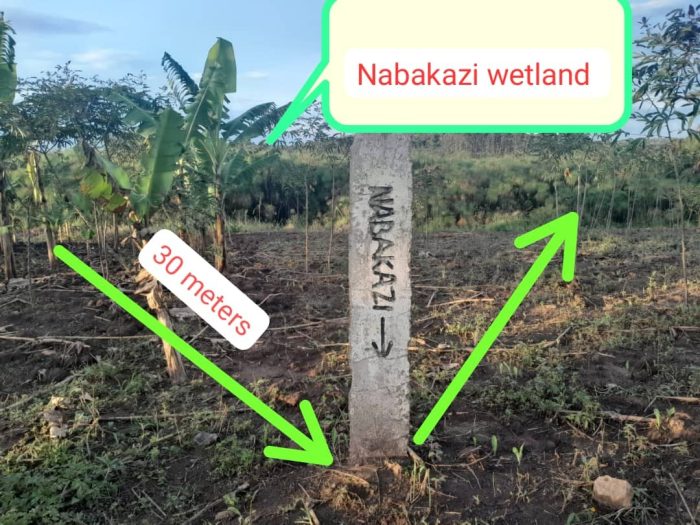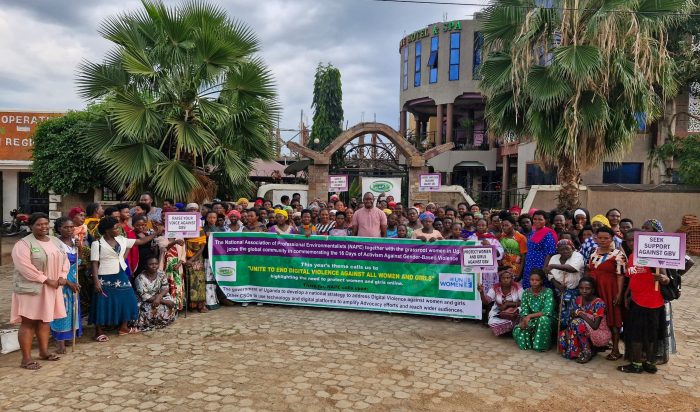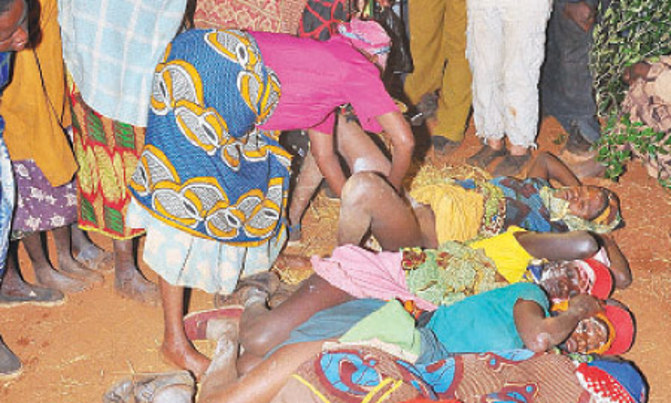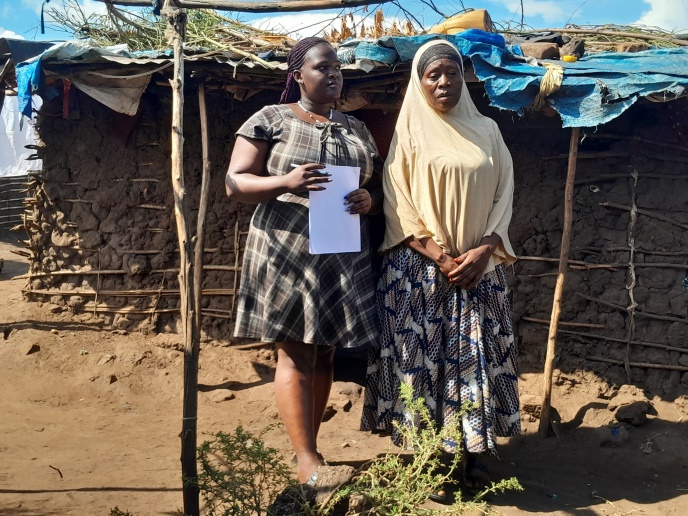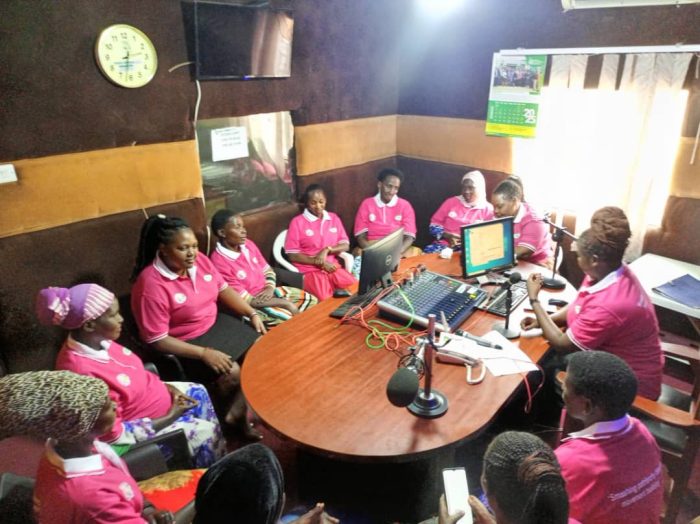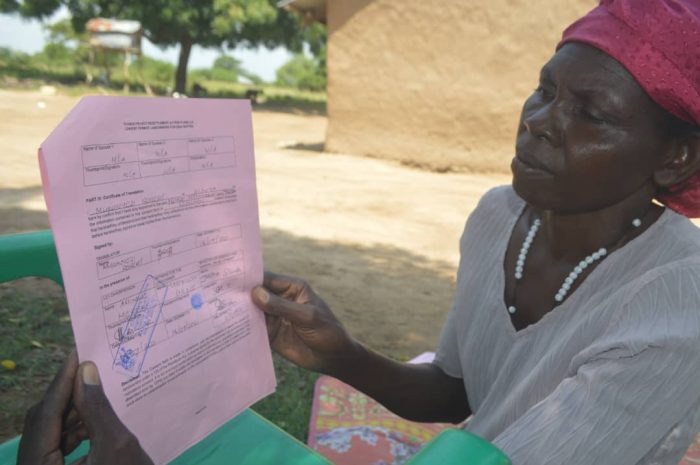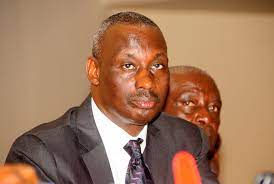
 Internal Affairs minister Aronda Nyakairima has drafted a Bill seeking to bar non-governmental orgainsations (NGOs) from engaging in political work.
Internal Affairs minister Aronda Nyakairima has drafted a Bill seeking to bar non-governmental orgainsations (NGOs) from engaging in political work.
The Non-Governmental Organisations Registration (Amendment) Bill 2013 seeks to expand government powers to monitor NGO work.
The proposed law draws sharp lines between works and mandate of local, national and international NGOs.
The Bill is intended to “enhance the operations of the NGO Board from the national level to sub- county”.
Gen Aronda said the Bill is a response to some NGOs’ “subversive methods of work and activities which undermine accountability and transparency in the sector”.
The proposed law, which proponents want to replace the current NGO Registration Act, comes after recent rocky relations between government and NGOs over claims that the latter were engaged in political activism.
Mr Francis Wanyina, the secretary to the NGO Board, declined to discuss the contents of the proposed law, saying it would be premature because the Bill was still at Cabinet level.
He said Cabinet will hold discussions on the Bill next week and thereafter consultations will start to involve other interested parties.
NGO Forum executive director Richard Ssewakiryanga said the Bill contains many contentious provisions. He cited the provisions which shields the NGO Board and its staff from personal liability for breaches of the law, which contradicts another clause in the same law which places personal liability on leaders of NGOs.
“…I can be held personally liable for breaches by the NGO Forum instead of treating it as a corporate entity yet the Bill seeks to insulate the board against similar liability. This creates a constitutional imbalance, giving one citizen protection while the other is denied the same constitutional protection. It is not fair,” he said.
Mr Ssewakiryanga said categorising NGOs into foreign, national and local would create disharmony among NGOs.

